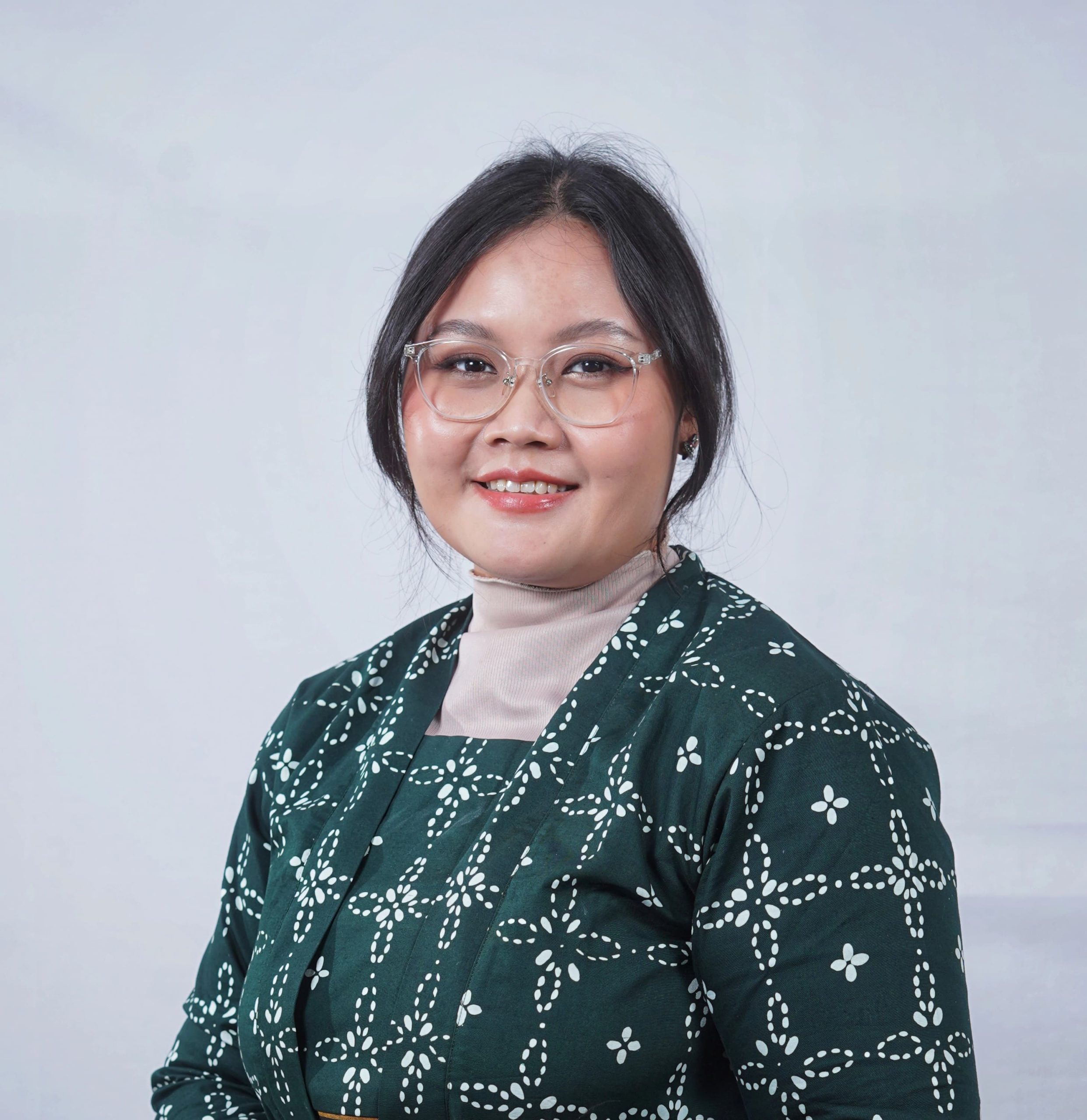Driving Women’s Empowerment and the Economy, One Chat at a Time
 by Bianda Kanani and Putu Monica Christy
by Bianda Kanani and Putu Monica Christy Oct 29, 2025
Oct 29, 2025 5 min
5 min
In Indonesia, women selling goods through social media have become a powerful economic force, but they need more support
Social commerce sellers have emerged as Indonesia’s new entrepreneurs. They pop up constantly in our social media feeds, selling everything from traditional snacks and handmade crafts to clothing and beauty products. Marketing their products through social media platforms like WhatsApp, Facebook and Instagram, they reach buyers directly through personal chats, one conversation at a time. Unlike formal e-commerce platforms, these sellers do not run online stores or manage complex logistics. Rather, they build relationships based on trust, timing and genuine personal connections.
For many women, social commerce offers an accessible way to earn income while balancing household and care responsibilities. With just a smartphone, they turn social media platforms like WhatsApp and Instagram into digital storefronts, showcasing creativity and resilience despite limited resources. The flexibility of this model allows them to stay in control of their time and income, making social commerce an important source of empowerment.
Taken together, social commerce sellers in Indonesia manage billions of dollars in merchandise, representing a rapidly growing subset of the country’s ecosystem of micro-, small and medium-sized enterprises (MSMEs). In fact, Indonesia is one of the world’s most active social commerce markets. In 2023, the country ranked sixth globally for active consumers, with 86% of Indonesians using social media platforms to transact. Women make up the majority of social commerce sellers: 64% of MSMEs in Indonesia are women-led and new entrants to social commerce are more than twice as likely to be women than men. The social commerce sector thus serves as a critical entry point for women’s economic participation.
Challenges faced by social commerce sellers
Despite their economic importance, social commerce sellers remain at the margins of policy conversations, financial services design and digitalization programs. Most also remain outside the reach of formal finance. They tend to face fraud risks, lack business training and rarely qualify for structured credit. Because most sellers are women, this exclusion reflects broader patterns of economic marginalization, where women’s informal and home-based enterprises are often undervalued and overlooked in formal support systems.
To better understand their challenges and needs, MSC (MicroSave Consulting) conducted a study of 458 social commerce sellers in seven provinces in Indonesia. Through this research, we identified four types of sellers who represent the unique journeys and needs of this group.
Four personas of social commerce sellers
For each of the four personas we developed, we looked at their characteristics as well as the limitations or challenges which might be holding their businesses back. This exercise helped us identify potential solutions for improving social commerce sellers’ incomes and resilience.
The Digital Explorer: Fitri sells homemade snacks through WhatsApp. She is curious about digital tools but feels overwhelmed. Fear of online fraud and debt keeps her from expanding her presence or applying for capital. With a small customer base, she values stability over fast growth.
- Potential solutions: Fitri would benefit from bite-sized digital training and flexible community-based financial products.
The Community Nurturer: Ratna runs a handicrafts business. She mostly serves local customers and prefers face-to-face sales or WhatsApp chats with people she knows. Formal banking feels impersonal, so she relies on informal networks such as an arisan.
- Potential solutions: She could grow her business with support that matches her pace, such as easy-to-use catalog apps and community-based savings and loan products designed for informal sellers.
The Market Observer: Rina sells household goods through WhatsApp Business and Facebook. She has built a solid customer base and is open to credit but avoids unclear loan terms with hidden fees. She prefers small, manageable steps towards growth.
- Potential solutions: Low-risk microcredit and practical social media training could help Rina scale her business.
The Digital Hustler: Siti runs a fast-paced business across multiple platforms. She is ambitious and trend-savvy but lacks structure. She takes risks with credit and supply, often struggling with cash flow and profit tracking.
- Potential solutions: Tools for inventory and cash flow management, as well as digital bookkeeping apps that help track income and expenses across platforms, could help make Siti’s business more sustainable.

Seeking solutions to the challenges faced by social commerce sellers
These four personas highlight the complexity of social commerce. The tools they use may be digital, but the challenges are deeply human. Solutions must be empathetic and tailored. Current programs often focus on onboarding MSMEs to formal e-commerce platforms, but that is not always what sellers want or need. Social commerce offers personal relationships, flexibility and control. Support should build on these strengths rather than steer sellers elsewhere.
Our research identified three key areas of support needed for social commerce sellers:
1) Formalization must offer clear benefits. Our study found that only 18% of surveyed sellers had a business registration number. Some unregistered sellers already track sales, manage inventory and access small amounts of credit, but the majority remain excluded from formal finance. For many, formalization feels like added bureaucracy without clear benefits. To encourage more sellers to formalize, registration must bring real advantages. It should provide priority access to credit, eligibility for government programs, or customized business support that fits the realities of women-led enterprises operating from home.
2) Platforms should enable easier transactions. Selling today is fragmented. Sellers chat on one app, transfer money on another, confirm through screenshots, arrange delivery separately. The process is clunky and prone to drop-offs. Sellers need smoother systems that integrate product listings, communication and payments. To address this issue, social media platforms, financial service providers and logistics partners will need to develop tools that streamline everyday transactions. The goal is not to replicate e-commerce, but to improve tools sellers already use, especially for women entrepreneurs who value flexibility and need ways to reduce friction in their sales process.
3) Trust must be reinforced. Trust is the foundation of social commerce but also its biggest risk. Sellers deal with fake orders, late payments or disappearing buyers. Customers worry about scams, fake products or unclear return policies. Unlike e-commerce, social media platforms lack protections. Sellers ask for trust features, such as verified profiles, secure payments and dispute resolution. These measures would not only make social commerce more reliable for all, but also provide greater safety for women sellers, who are disproportionately affected by online scams and harassment.
A path to inclusive growth
Indonesia’s social commerce sellers represent a powerful force for inclusive economic growth and women’s empowerment. To unlock their full potential, they need solutions that respond to their unique realities as women in a digital marketplace with limited time, informal work environments and reliance on trust-based relationships. Key solutions that can help them strengthen their livelihoods and grow their businesses include making formalization rewarding, improving platform design and reinforcing trust.
Social commerce sellers are already driving Indonesia’s digital economy. With the right support, they can also drive forward women’s economic empowerment, one chat at a time.
This blog post was originally published on the FinDev Gateway blog.
Written by

Bianda Kanani
Assistant Manager
Leave comments